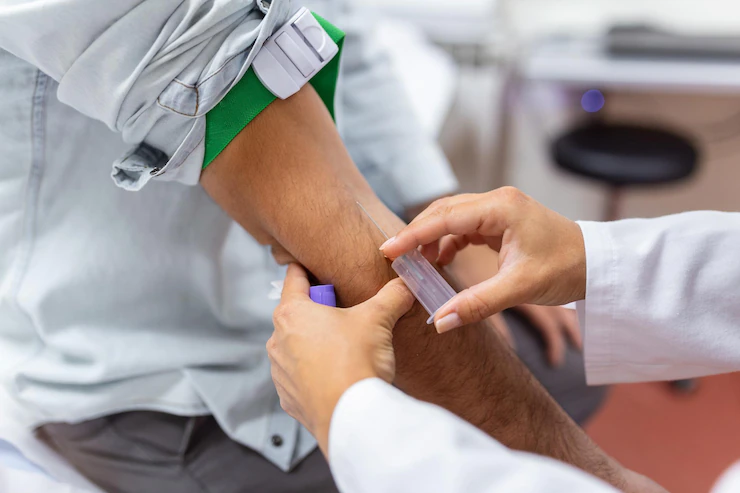
An echocardiogram (echo) may be a test that uses high frequency sound waves (ultrasound) to make pictures of your heart. The test is additionally called echocardiography or diagnostic cardiac ultrasound.
Quick facts
An echo uses sound waves to make pictures of your heart’s chambers, valves, walls and therefore the blood vessels (aorta, arteries, veins) attached to your heart. A search called a transducer is passed over your chest. The probe produces sound waves that bounce off your heart and “echo” back to the probe. These waves are become pictures viewed on a video monitor.
An electrocardiogram — abbreviated as EKG or ECG — may be a test that measures the electrical activity of the heartbeat. With each beat, an electrical impulse (or “wave”) travels through the guts . This wave causes the muscle to squeeze and pump blood from the guts . a traditional heartbeat on ECG will show the timing of the top and lower chambers.
Why is it done ?
An ECG gives two major sorts of information.
First, by measuring time intervals on the ECG, a doctor can determine how long the electrical wave takes to undergo the heart. checking out how long a wave takes to travel from one part of the heart to the next shows if the electrical activity is normal or slow, fast or irregular.
Second, by measuring the quantity of electrical activity passing through the heart muscle, a cardiologist could also be able to find out if parts of the heart are too large or are overworked.
A assay , sometimes called a stress test or exercise test, helps a doctor discover how well your heart handles work. As your body works harder during the test, it requires more oxygen, therefore the heart must pump more blood.
Why do doctor advice TMT ?
A physician may recommend an exercise assay to:
Diagnose arteria coronaria disease
Diagnose a possible heart-related explanation for symptoms such as chest pain, shortness of breath or lightheadedness
Determine a secure level of exercise
Check the effectiveness of procedures done to enhance coronary artery circulation in patients with coronary artery disease
Predict risk of dangerous heart-related conditions like a heart attack.
Copyright © 2022 Bhanuheartcare. All rights reserved. Build with 

WhatsApp us